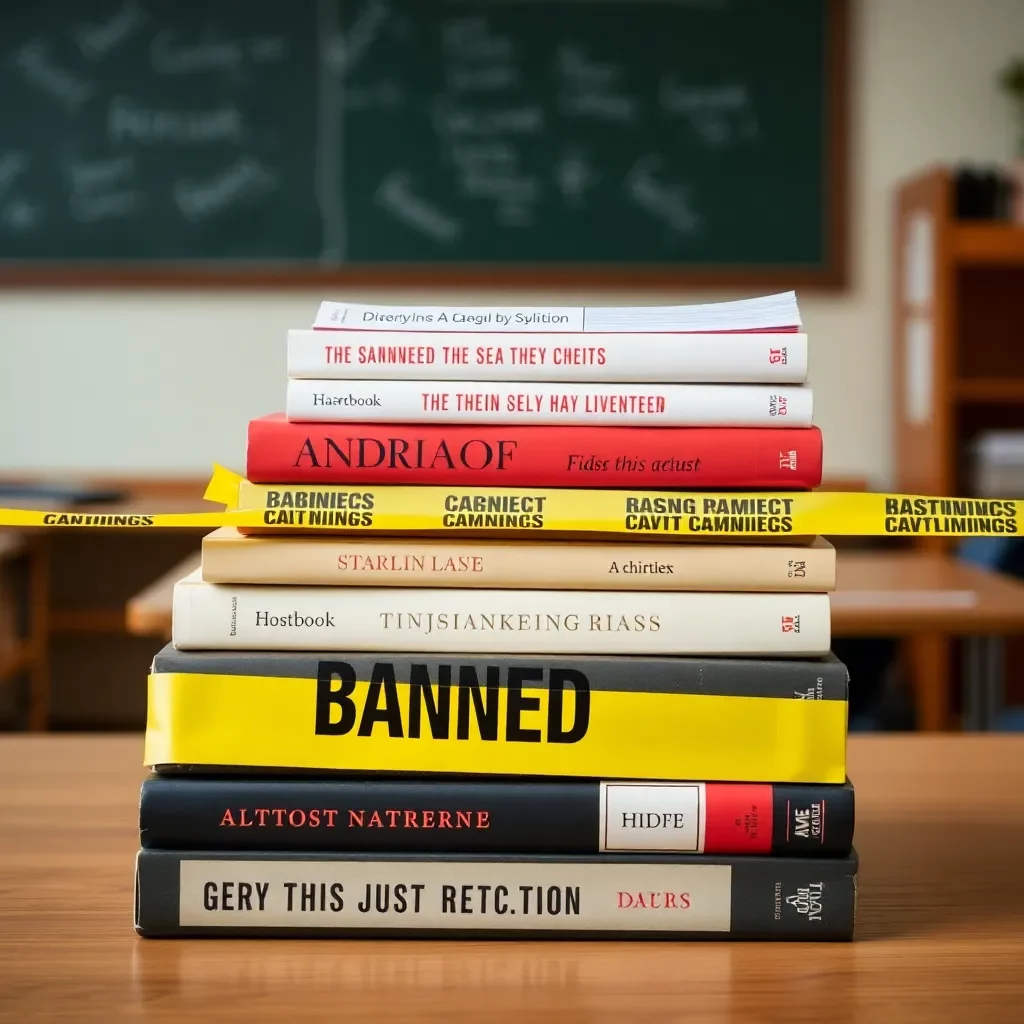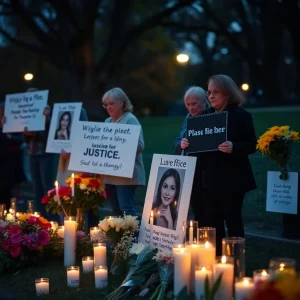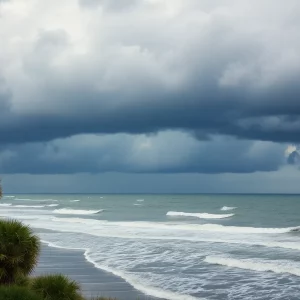COLUMBIA, S.C. – The Controversy Over Book Bans Continues
In the heart of Columbia, the debate over book bans in public schools is heating up! Under the direction of State Superintendent Ellen Weaver, the South Carolina Board of Education has made headlines by banning seven books from classrooms. The community is buzzing as the board prepares to meet again on Tuesday, December 3 to decide the fate of two more titles, including an eighth-grade literature textbook and a novel called Crank.
The Rationale Behind the Bans
Supporters of these bans argue that they serve a crucial purpose: keeping inappropriate materials out of the hands of students. They believe that public schools should be safe havens where children can learn without encountering content that might be too mature or controversial for their age. For many parents and educators, this is an important aspect of creating a suitable learning environment.
Opposition Voices Rise
On the other side of the fence, there are those who see this movement as a suppression of free expression and a step backward for literacy and education. On Monday afternoon, December 2, the American Civil Liberties Union (ACLU) held a news conference to voice their objections. They emphasized the importance of diversity in literature and the need for students to have access to a wide range of perspectives in order to develop their understanding of the world.
The Bigger Picture
This ongoing clash touches on deeper issues of freedom of speech and the role of education in society. By banning certain books, what message are we sending to our young people? Are we implying that certain ideas or experiences are too dangerous or inappropriate to explore? These are tough questions that many are grappling with as the board weighs its decision.
What’s Next?
As the board convenes to analyze the next two titles on the chopping block, the community is reminded of the divisive nature of this issue. Each banned book has its supporters and critics, with passionate arguments on both sides. It raises the question of who gets to decide what content is suitable for public schools. Is it just about protecting young minds, or is it limiting their exposure to the complex realities of life?
Engaging the Community
This issue has inspired many in the community to express their thoughts and feelings. A multitude of voices, from parents to teachers to students, are weighed in on the topic. They ask: Should a few individuals’ beliefs shape the education of many? How can we best nurture a learning environment that encourages critical thinking and open dialogue? These vital discussions are occurring in homes, schools, and community centers across the state.
Conclusion: What Lies Ahead
As the board’s meeting approaches, it will be interesting to see how these conversations evolve. Will more books find themselves under scrutiny, or will the board choose to uphold a more inclusive literary approach? One thing’s for sure: Columbia residents and South Carolinians are eager to see how this chapter unfolds, and many are prepared to make their voices heard.
Stay tuned as we follow this captivating story, which touches on the heart of education, community values, and the power of literature in shaping young minds.








